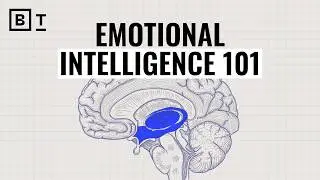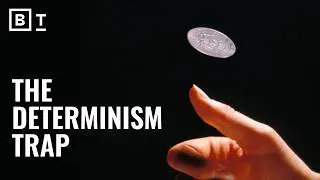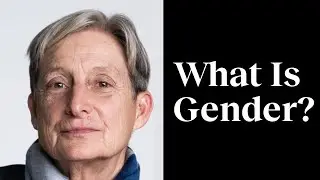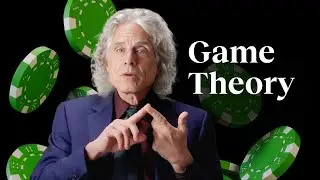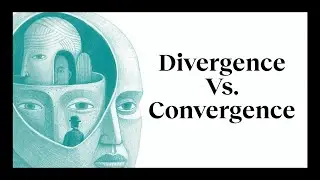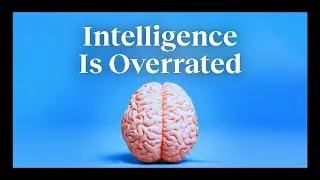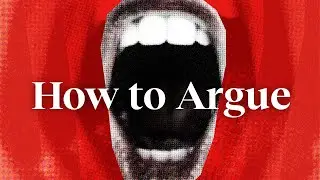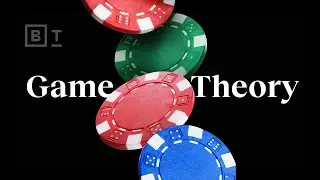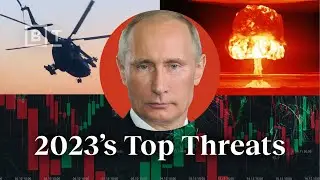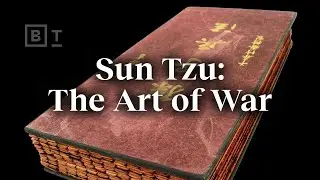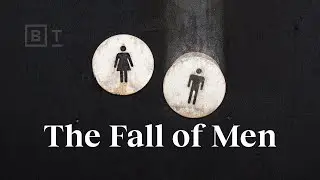Why the US must break the grip of huge monopolies | Ganesh Sitaraman | Big Think
Why the US must break the grip of huge monopolies
Watch the newest video from Big Think: https://bigth.ink/NewVideo
Learn skills from the world's top minds at Big Think Edge: https://bigth.ink/Edge
----------------------------------------------------------------------------------
According to Vanderbilt law professor and author Ganesh Sitaraman, America has a monopoly problem—a problem that is almost universally acknowledged as such, yet little is done about it.
Sitaraman explains how monopolies of today share DNA with trusts of the 19th century, and how the increased concentration and consolidation of these corporations translate to increased power both economically and politically.
"We need to think about reinvigorating our anti-trust laws and the principles of anti-monopoly that gave spirit to those laws and to lots of other regulations," he argues. Restoring faith in government and the economy starts with dismantling the things that make people question its allegiances and priorities.
----------------------------------------------------------------------------------
GANESH SITARAMAN:
Ganesh Sitaraman is a Professor of Law and Director at Vanderbilt Law School. He is the author of The Great Democracy: How to Fix Our Politics, Unrig the Economy, and Unite America (Basic Books, 2019), His book, The Crisis of the Middle-Class Constitution (Knopf, 2017), was named one of The New York Times' 100 notable books of 2017, and The Counterinsurgent‘s Constitution: Law in the Age of Small Wars (Oxford University Press, 2012), which was awarded the 2013 Palmer Prize for Civil Liberties. Professor Sitaraman was on leave from Vanderbilt‘s faculty from 2011 to 2013, serving as Elizabeth Warren‘s policy director during her campaign for the Senate, and then as her senior counsel in the Senate.
Ganesh Sitaraman's latest book The Great Democracy: How to Fix Our Politics, Unrig the Economy, and Unite America at https://amzn.to/30ZdaUu
----------------------------------------------------------------------------------
TRANSCRIPT:
GANESH SITARAMAN: So I think one of the things that we've seen in the last decade or so is increasing concentration in sector after sector in the economy. And it's a problem for a few reasons. First, it's an economic problem. When you have massive concentration into a small number of monopolists you often get higher prices, less innovation, because there's less competition. And you have a political problem, which is that a small number of companies can lobby Washington to try to pass policies or support regulations that benefit themselves at the expense of others.
So we have this problem that's both economic and political, that comes from concentration and consolidation. What's really striking is that we have anti-trust laws, and throughout our history have really had an anti-trust, an anti-monopoly movement that was very concerned about this kind of consolidation, both for economic reasons and for constitutional and democratic reasons.
And it goes way back to the first Gilded Age, in the late 19th century, and the Industrial Revolution. Back in that time period, there were, there was massive concentration of companies into a smaller and smaller number, they called them the trusts back then. And the trusts wielded great power economically over society, and politically over government. They were often depicted in writings as an octopus with their tentacles all over American society.
And so what people of the Progressive Era did, is they passed anti-trust laws. The Sherman Act in 1890, the Federal Trade Commission Act, the Clayton Act. And the goal of these laws was to try to breakup these consolidations of economic power, and in other laws, to try to regulate economic power in places where there were natural monopolies, to create them to be more like public utilities. And in either case, the idea was that democracy should be able to control significant economic power, rather than economic power controlling democracy. And that was the idea of these laws in the Progressive Era, and it really continued for most of the 20th century. And then starting in the 1970s, there was a real shift. And this shift was to say that anti-trust wasn't really about power and concentration and distribution of power, it was really about economic efficiency, about a kind of idea that all that really mattered was consumer prices, and lowering prices.
And this idea started to expand, starting in the 1970s, and it became more and more powerful, and over time really took over much of the anti-trust profession, to the point that we're now in a place where the anti-trust laws have not been significantly enforced in the way that they might have been in early generations. And what we're seeing is greater and greater consolidation...
Read the full transcript at https://bigthink.com/videos/monopolie...









